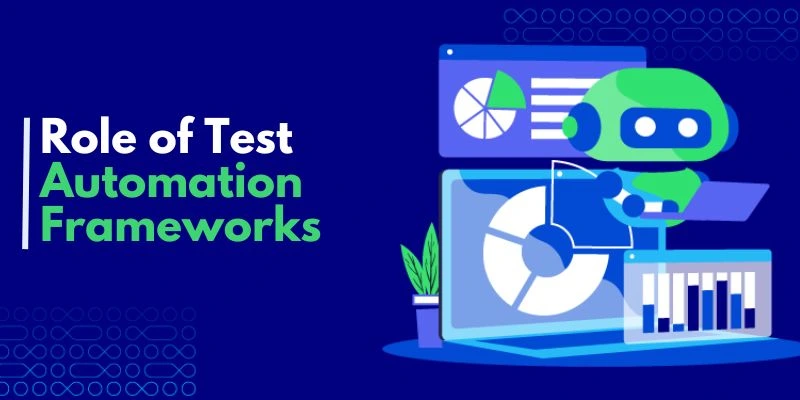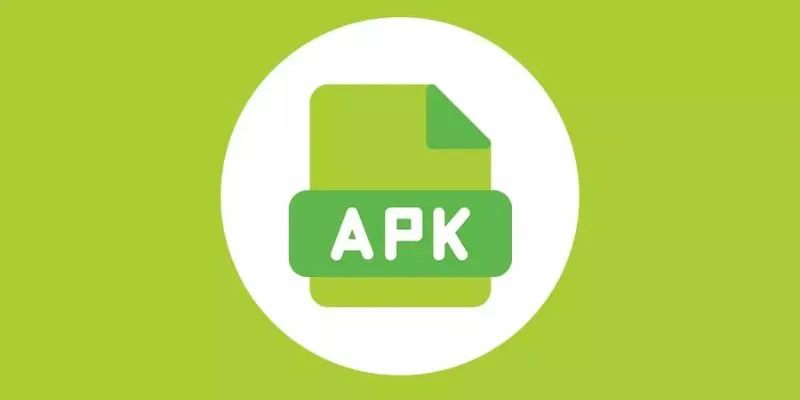Test automation has become a cornerstones of modern software development, enabling teams to delivers high-quality software faster and more efficiently. At the heart of this automation revolution are test automation frameworks, which provide the structure and tools necessary to create, execute, and manage automated test scripts. This blog delves into the role of test automation frameworks, highlighting their benefits, types, and popular frameworks that are shaping the future of software testing.
Introduction to Test Automation Frameworks
Test automation frameworks are an essential component of any robust testing strategy. They provide a standardized approach to writing and executing test scripts, offering reusable components, libraries, and guidelines that streamline the testing process. By using a framework, testers can reduce manual effort, minimize human error, and enhance the scalability of test automation efforts.
Frameworks facilitate the integration of automated testing into the software development lifecycle, allowing teams to catch defects early and maintain a high level of software quality. Let’s explore why these frameworks are crucial and the various types available. For individuals seeking to advance their software skills, Software Testing Training in Chennai delivers comprehensive programs and hands-on learning opportunities.
Why are Test Automation Frameworks Important?
Consistency and Reusability
Automation frameworks establish consistent guidelines for creating test scripts, ensuring uniformity across test cases. This consistency not only makes the scripts easier to read and maintain but also enhances the reusability of code components. By reusing test scripts and libraries, testers save time and effort, allowing them to focus on more complex testing scenarios.
Enhanced Test Efficiency
Frameworks streamline the automation process by providing pre-built functions and libraries that speed up test script development. They enable parallel execution of tests, reducing the overall test execution time. With faster test cycles, teams can quickly identify and resolve defects, maintaining a faster pace of development.
Improved Test Maintenance
One of the biggest issues in automation testing is maintaining test scripts when the application under test changes. Automation frameworks address this by offering features like modular test design, which separates test logic from test data. This modularity makes it easier to update tests, ensuring that maintenance is straightforward and less time-consuming. Enrolling in Software Testing Online Training can help you acquire advanced knowledge and practical skills, preparing you for complex challenges in software development.
Integration with CI/CD Pipelines
Modern testing frameworks are designed to integrate seamlessly with continuous integrations and continuous deployment (CI/CD) tools like Jenkins, GitLab, and Azure DevOps. This integration allows automated tests to be triggered automatically after each code change, providing immediate feedback to developers and ensuring that quality checks are performed continuously.
Robust Reporting and Logging
Test automation frameworks come equipped with robust reporting and logging capabilities that provide detailed insights into test execution results. These reports help testers quickly identify failures, understand the root causes, and take corrective actions. Enhanced reporting tools also facilitate better communication of test outcomes to stakeholders.
Types of Test Automation Frameworks
There are lots types of test automation frameworks, each with unique characteristics suited to different testing needs:
Linear Scripting Framework
Also known as the record-and-playback framework, this approach is straightforward and easy to implement, making it ideal for beginners. However, it lacks reusability and is not suitable for complex projects.
Modular Testing Framework
This framework divides the applications under test into separate, independent modules, creating test scripts for each module. It enhances reusability and simplifies maintenance, making it suitable for medium to large projects.
Data-Driven Framework
Data-driven frameworks separate test scripts from test data, allowing testers to run the same scripts with different sets of data. This approach is ideal for testing applications with multiple input variations, enhancing test coverage. Enrolling in a Cloud Computing Course in Chennai can equip you with advanced knowledge and practical skills, preparing you to tackle complex challenges in cloud technology.
Keyword-Driven Framework
In a keyword-driven framework, test scripts are written using keywords that represent actions to be performed on the application. This framework allows testers with minimal coding skills to create tests and enhances collaboration between technical and non-technical team members.
Hybrid Testing Framework
Combining the best elements of other frameworks, hybrid frameworks are highly adaptable and can be customized to meet specific testing needs. They are the most commonly used frameworks in complex testing environments.
Popular Test Automation Frameworks in Modern Testing
Selenium
Selenium is one of the most widely used frameworks for web application testing. It supports multiple programming languages and web browsers, making it highly versatile. Selenium’s integration capabilities with various CI/CD tools further enhance its appeal for modern testing needs.
JUnit and TestNG
Primarily used for Java-based applications, JUnit and TestNG are popular frameworks that provide annotations, assertions, and reporting features, streamlining unit and integration testing. To stay ahead in the evolving field of cloud computing, a Cloud Computing Online Course offers high-quality training and expert guidance, ensuring you remain current with the latest cloud trends and innovations.
Cypress
Known for its speed and developer-friendly setup, Cypress is gaining popularity for front-end testing. It offers real-time reloading and debugging, making it ideal for testing modern web applications.
Robot Framework
An open-source framework that uses a keyword-driven approach, Robot Framework is known for its simplicity and ease of use. It supports various test libraries and is well-suited for acceptance testing.
Test automation frameworks are integral to modern software testing, providing the structure, tools, and best practices necessary for efficient and reliable automated testing. By adopting the right framework, teams can enhance test consistency, reduce maintenance efforts, and integrate seamlessly into their development pipelines. As software continues to evolve, leveraging these frameworks will be key to maintaining high-quality standards and delivering superior user experiences.
Choosing the right test automation framework is important for maximizing the benefits of automated testing. Whether it’s Selenium for web testing, JUnit for Java applications, or Cypress for modern web apps, the right framework can transform your testing process, driving faster feedback and higher software quality. To take your skills to new heights, an Advanced Training Institute in Chennai provides specialized courses and expert guidance designed to meet your individual needs.



